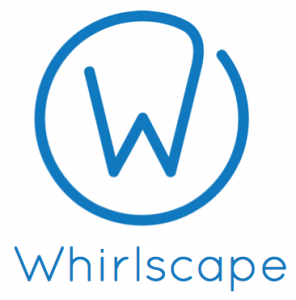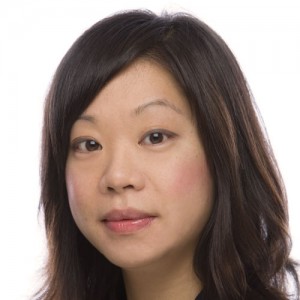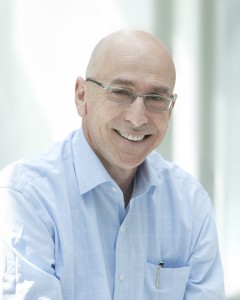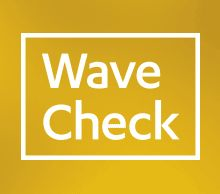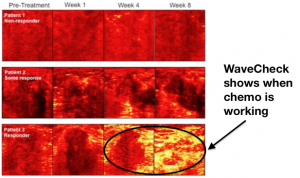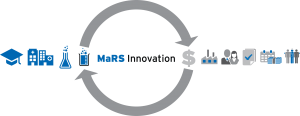Frost & Sullivan awards Xagenic award for new product innovation leadership
Market research company lauds start-up for developing a breakthrough workflow while dramatically improving point-of-care diagnosis
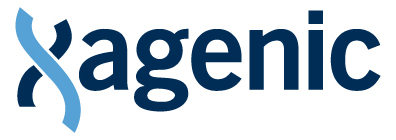 (MOUNTAIN VIEW, Calif) May 20, 2014 — Based on its recent analysis of the point-of-care diagnostics market, Frost & Sullivan recognizes Xagenic Inc. with the 2014 North America Frost & Sullivan Award for New Product Innovation Leadership.
(MOUNTAIN VIEW, Calif) May 20, 2014 — Based on its recent analysis of the point-of-care diagnostics market, Frost & Sullivan recognizes Xagenic Inc. with the 2014 North America Frost & Sullivan Award for New Product Innovation Leadership.
Xagenic’s revolutionary product, the Xagenic X1™ system, is a point-of-care platform with intuitive features to provide lab-free molecular diagnostic testing. It is unique as a low-cost, simple, rapid sample-to-answer desktop instrument, requiring no manual sample processing or cold storage. Currently, the platform is in the beta-testing phase and is expected to launch between 2015 and 2016.
Dr. Shana Kelley and Xagenic were featured in the Globe and Mail on May 20, 2014.
Read the detailed Frost & Sullivan Best Practices Research Report report on Xagenic’s website. Xagenic is MaRS Innovation’s lead start-up company, in partnership with the University of Toronto: Xagenic news archive.
For its portfolio of cartridge-based tests, Xagenic focuses on infectious diseases (HSV 1+2, Flu A+B, CT/NG, strep A, group B strep, trichomoniasis, HCV and upper respiratory infections) that will benefit the most from rapid on-site testing. The company also intends to apply the platform to counter a critical public health threat—antimicrobial resistance.

